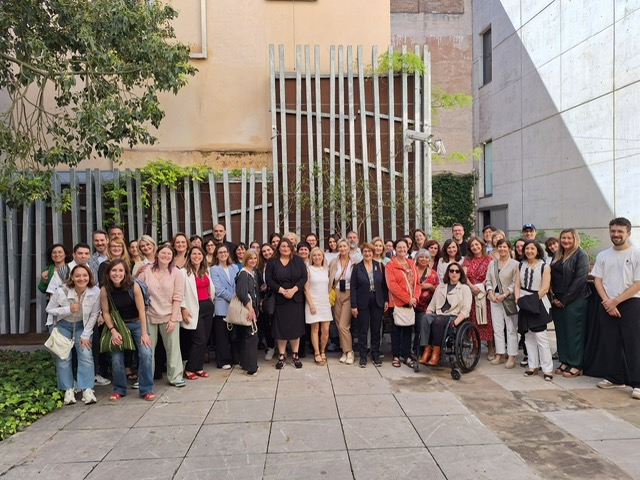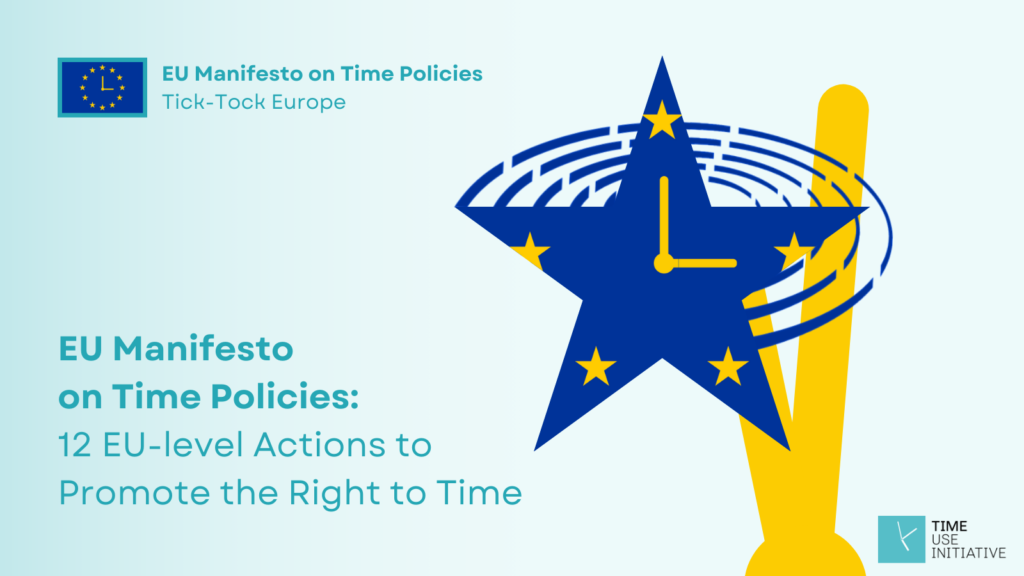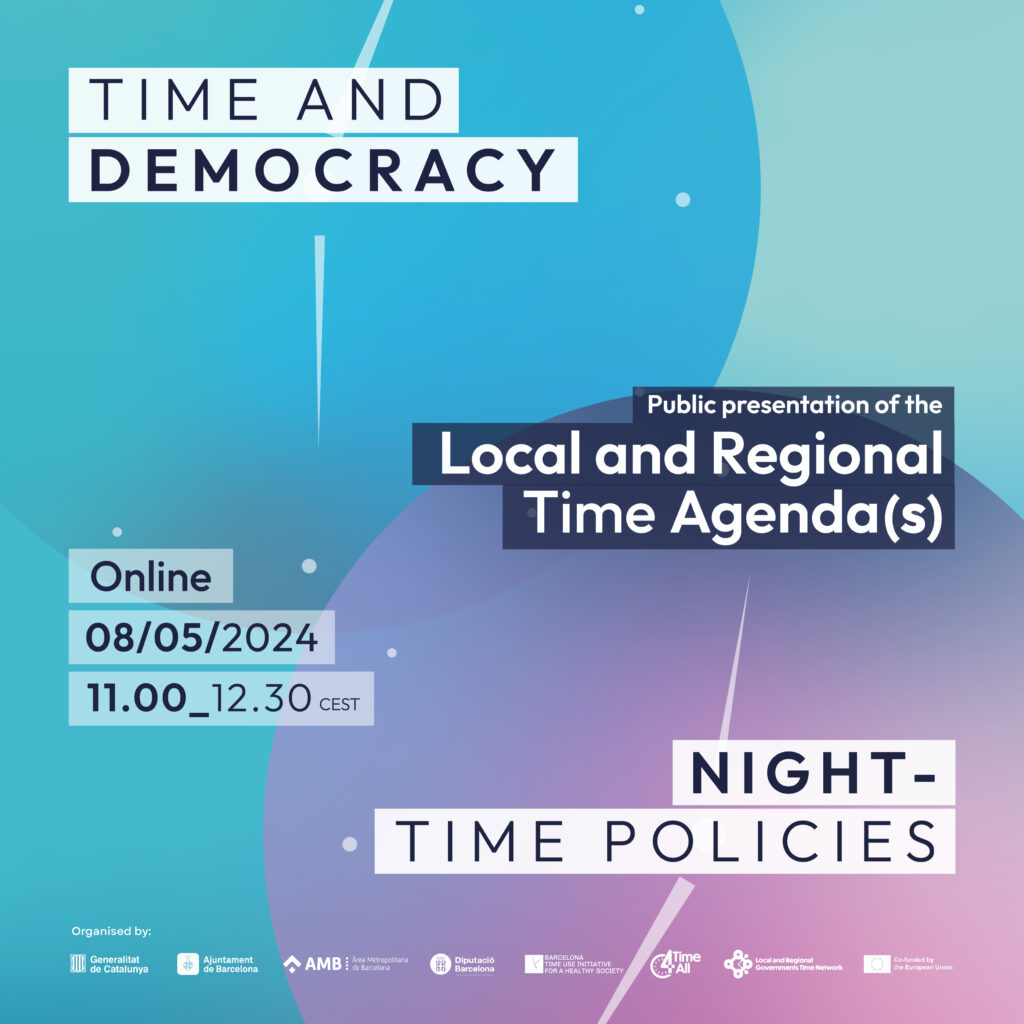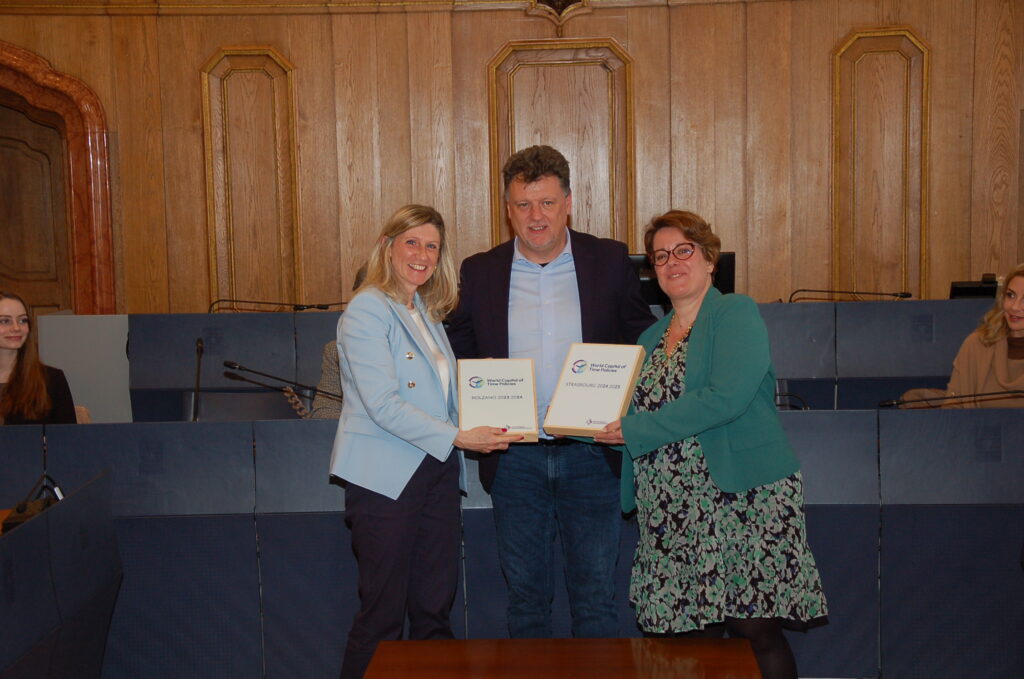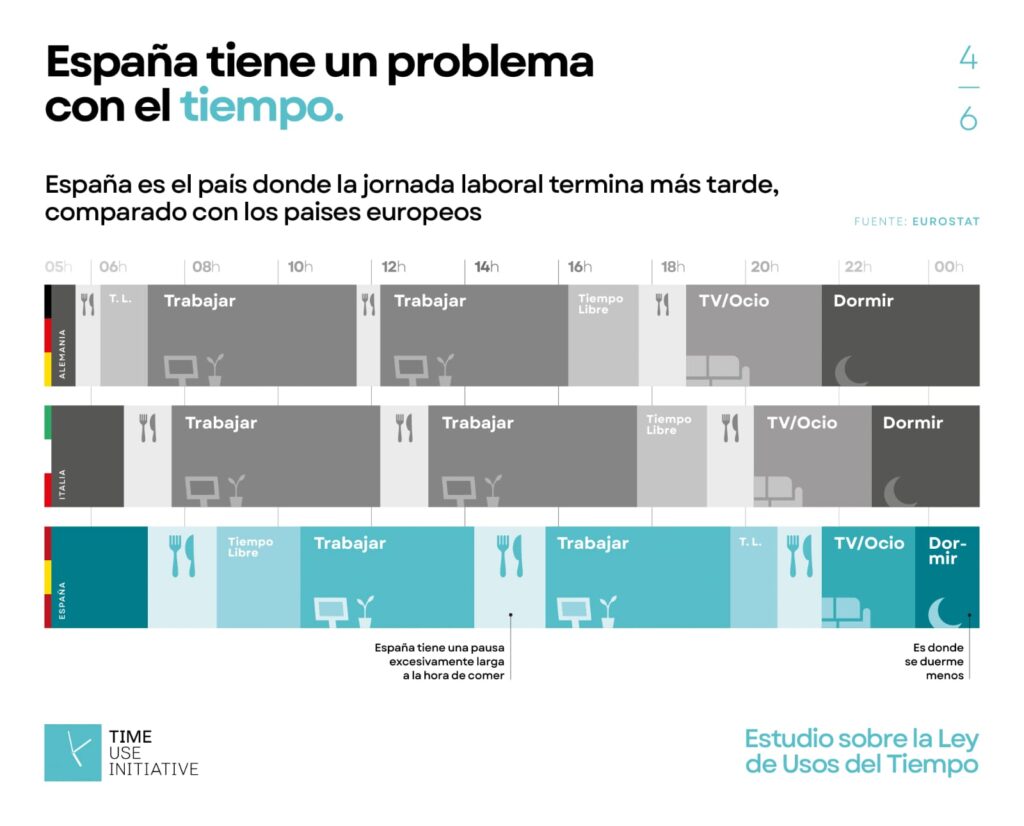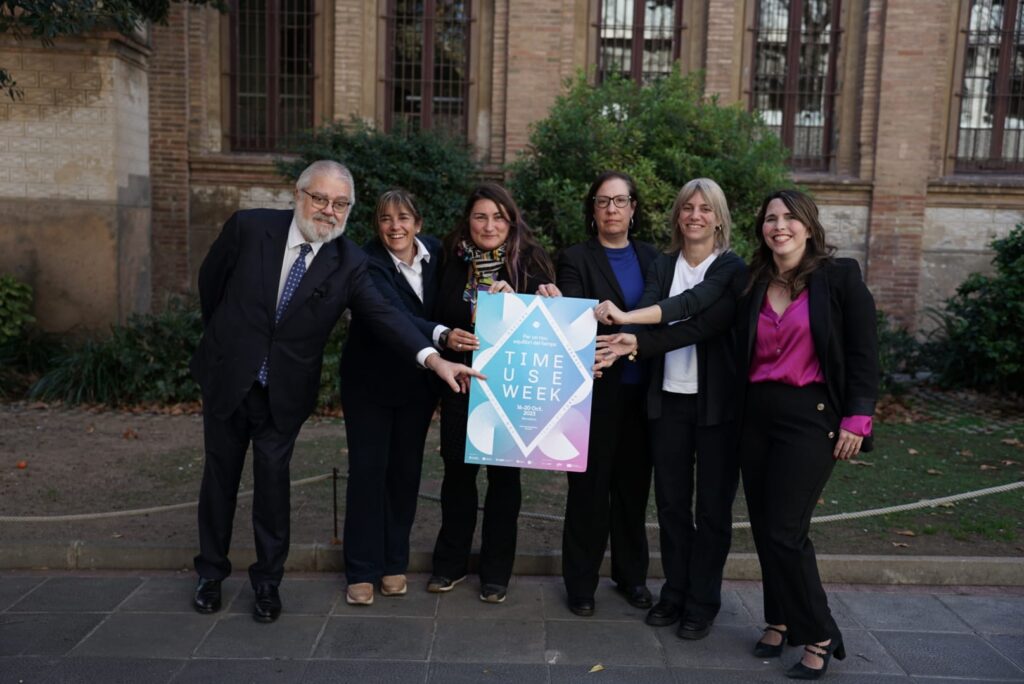Summer School of Time: time policies, a key element for the 21st century
More than 500 people have participated in the Summer School of Time, the first European training program on time policies that has shown time policies are an essential tool for addressing time stress (which includes time poverty) as well as the increasing interest of citizens and social organisations in time policies, that are already at […]
Summer School of Time: time policies, a key element for the 21st century Read More »




